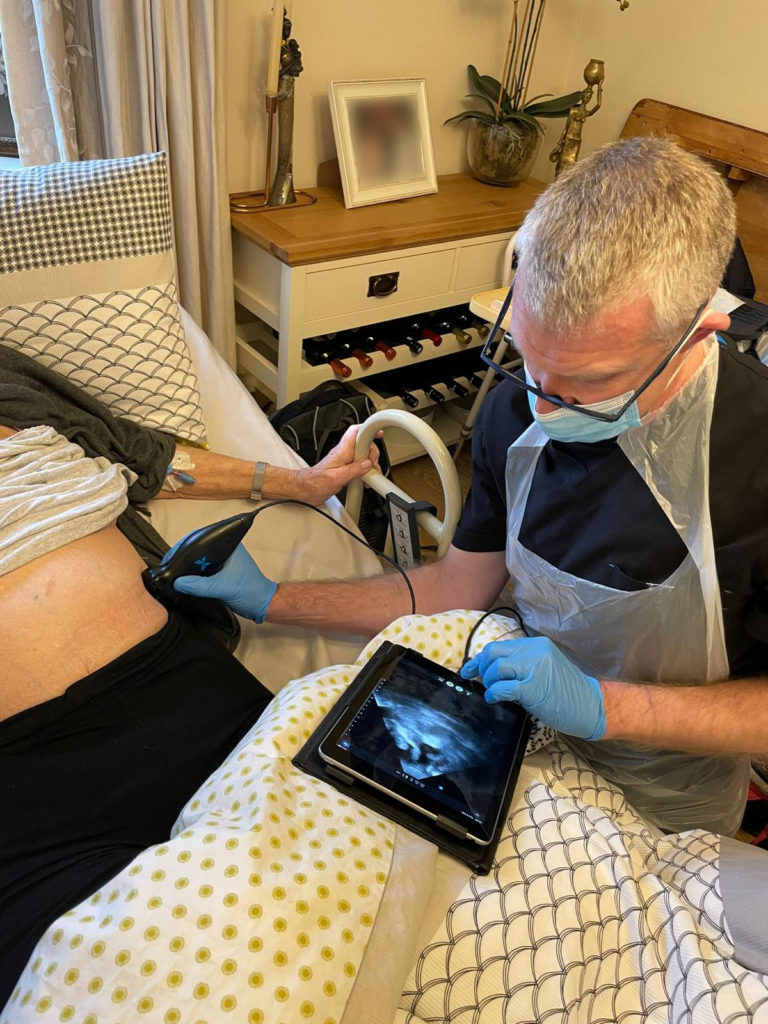Our cross-disciplinary theme builds on productive partnerships between engineers, biomedical scientists and clinicians who have an international track record of delivering digital technologies that have benefited patient care in the clinical setting and which have been commercialised successfully.

The digital innovations we have developed for the NHS have mostly been deployed in hospital settings. We are now extending these digital innovations to benefit patients transitioning from hospital, through to community and primary care, and on into the home.
The rationale driving our work is that by integrating artificial intelligence (AI) algorithms and state-of-the-art monitoring we can detect not only unrecognised chronic conditions but also acute patient deterioration much earlier.
Our approach, which covers the whole health and care system, aims to deliver technology-enabled, patient-focused solutions that:
- break down the boundaries between hospital, community and the home
- facilitate safer, more effective individualised care pathways
- support self-management where appropriate
- provide coordinated and personalised care and
- thereby improve quality and efficiency of care across the board.
Working with our industry partners, we will deliver these interventions at scale, benefitting patients, the public and the healthcare system alike.
Our work will be carried out in three sub-themes that are underpinned by monitoring technologies and machine learning algorithms. Building on our existing expertise, we will continue to work with leading industry partners to develop and expand this work at a wide scale.
Sub-theme 1: Enhancing patient care from the hospital to the home
Leads: Professor Peter Watkinson and Dr Sarah Vollam
Sub-theme 2: Identifying undiagnosed conditions
Leads: Professor David Clifton and Professor Peter Watkinson
Sub-theme 3: Minimising hospitalisation with virtual wards
Leads: Professor Andrew Farmer and Professor Dan Lasserson